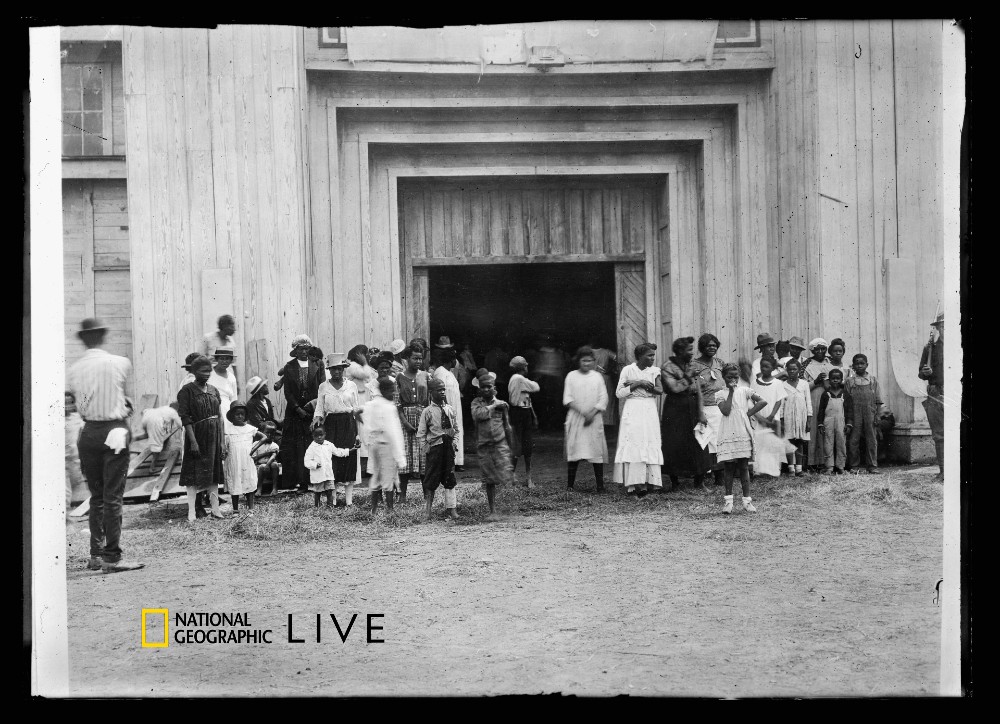
A native of Tulsa, Oklahoma, archaeologist Alicia Odewale is uncovering stories of resilience in the hundred years since the attack on Black Wall Street in the city’s vibrant Greenwood district. Considered one of the worst episodes of racial violence committed against Black people in American history, the Tulsa Race Massacre left a devastating toll on generations of survivors and their descendants and impacted the very footprint of the district itself.
In support of the 1921 Tulsa Race Massacre Centennial Commission, Dr. Odewale has been re-examining historical evidence of the period—focusing not on the attack itself, but instead on the community’s trauma and triumph in its aftermath. From documenting the personal stories of Greenwood’s residents to mapping the evidence of their resilience, Dr. Odewale’s work illuminates a new perspective on the impact of racism and racial violence in America, through the lens of a community forever shaped by it. Join her to discover how archaeology can be used as a tool for recovering lost stories, reclaiming a narrative, and pursuing restorative justice.
.jpg) Dr. Alicia Odewale is an Assistant Professor of Anthropology at The University of Tulsa. Her research and teaching focuses on archaeological sites of African heritage in St. Croix, U.S. Virgin Islands, and Oklahoma.
Dr. Alicia Odewale is an Assistant Professor of Anthropology at The University of Tulsa. Her research and teaching focuses on archaeological sites of African heritage in St. Croix, U.S. Virgin Islands, and Oklahoma.
While she continues to research both urban and rural sites of enslavement in St. Croix, her latest research project based in Tulsa, Oklahoma, seeks to reanalyze historical evidence from the 1921 Tulsa Race Massacre, launch new archaeological investigations in the historic Greenwood district, and use radical mapping techniques to visualize the impact of the massacre through time on the landscape of Greenwood, utilizing a slow community-based approach.
Her research interests include the archaeology of enslavement and freedom in urban contexts, Caribbean archaeology, rural and urban comparative analyses, community-based archaeology, ceramic analysis, transferware studies, mapping historical trauma from the 1921 Tulsa Race Massacre, and investigations into different forms of cultural resistance.
Her research has received awards and support from the American Anthropological Association, the National Science Foundation, the Society of Historical Archaeology, the Tulsa Race Massacre Centennial Commission, Tulsa Community Foundation, SREB-State Doctoral Scholars Program, and the Digital Archaeological Archive of Comparative Slavery (DAACS).
In addition to her role as faculty at The University of Tulsa (TU), she also serves as the director of the Historical Archaeology and Heritage Studies Laboratory at TU and serves as the co-creator of the Estate Little Princess Archaeological Field School in St. Croix that trains local students in archaeological methods and other STEM-related skills for free.
Season Sponsor

Venue Sponsor
![]()
